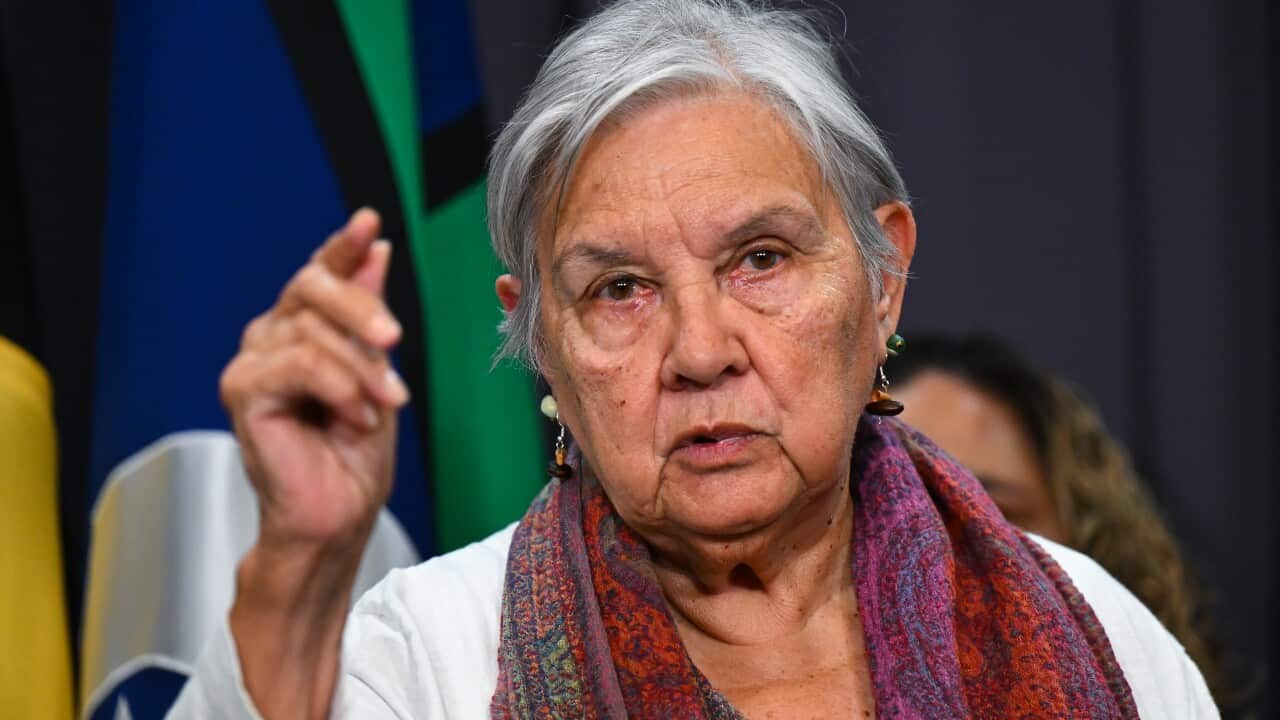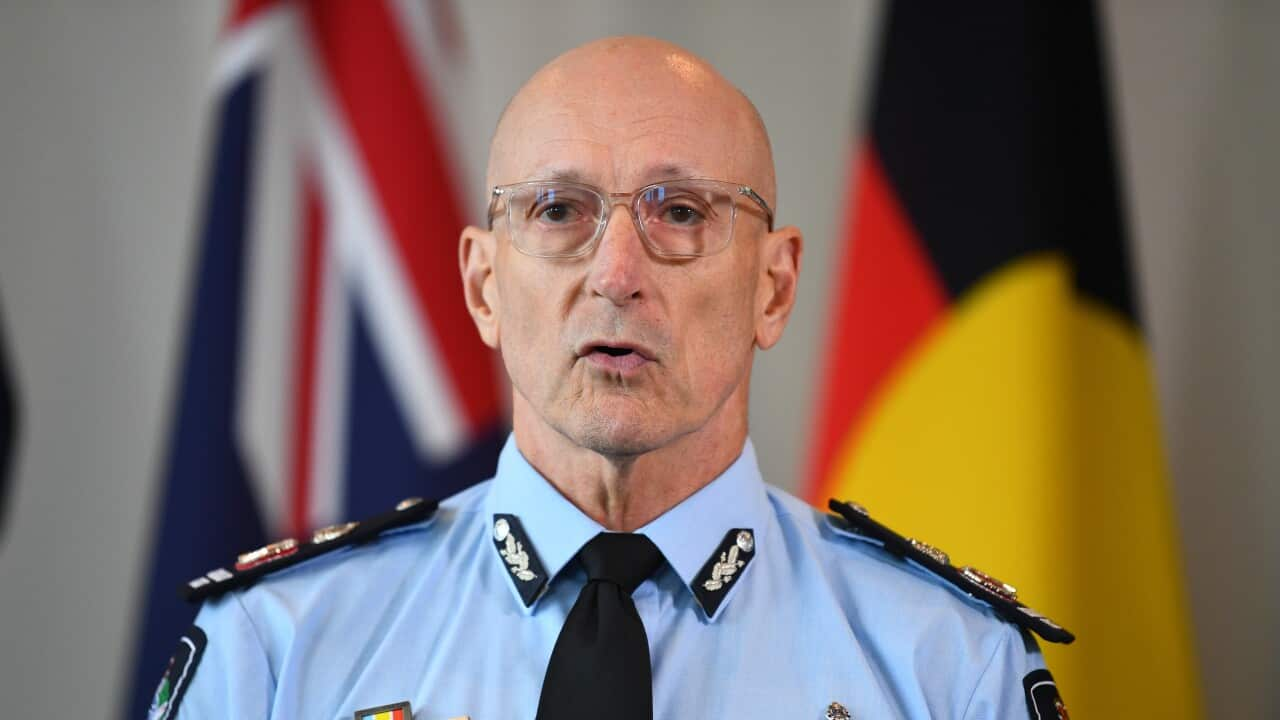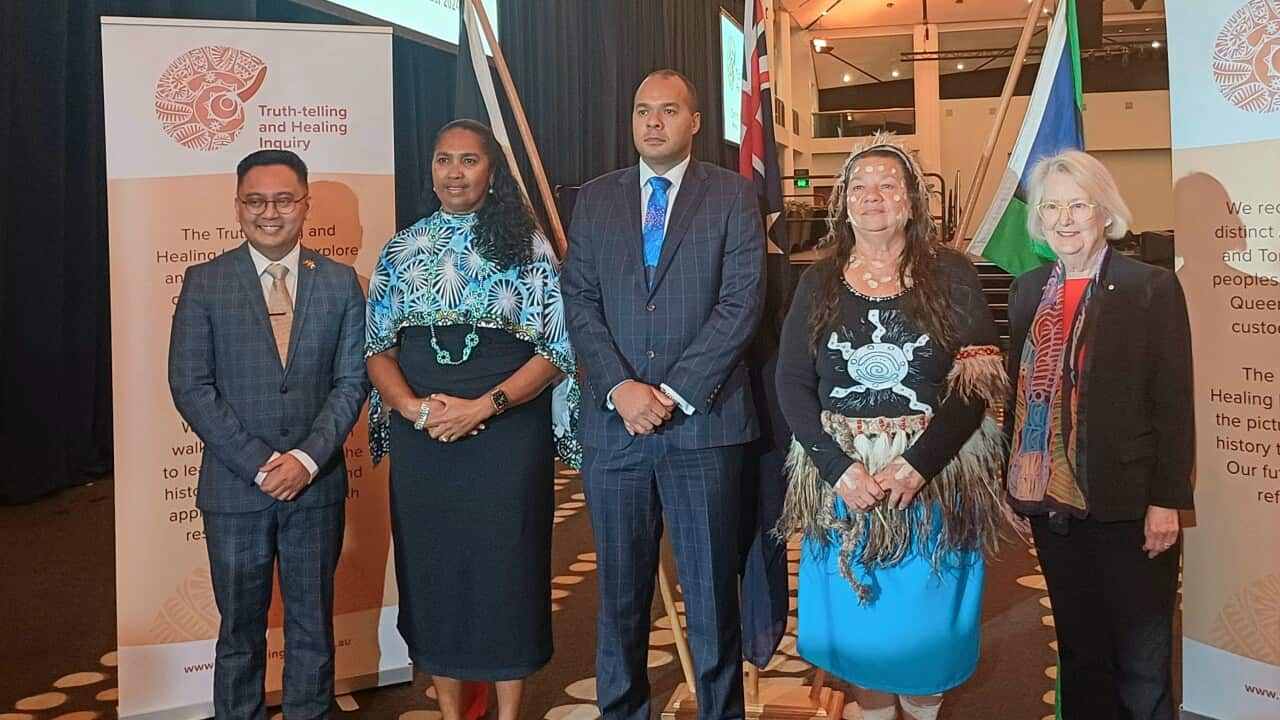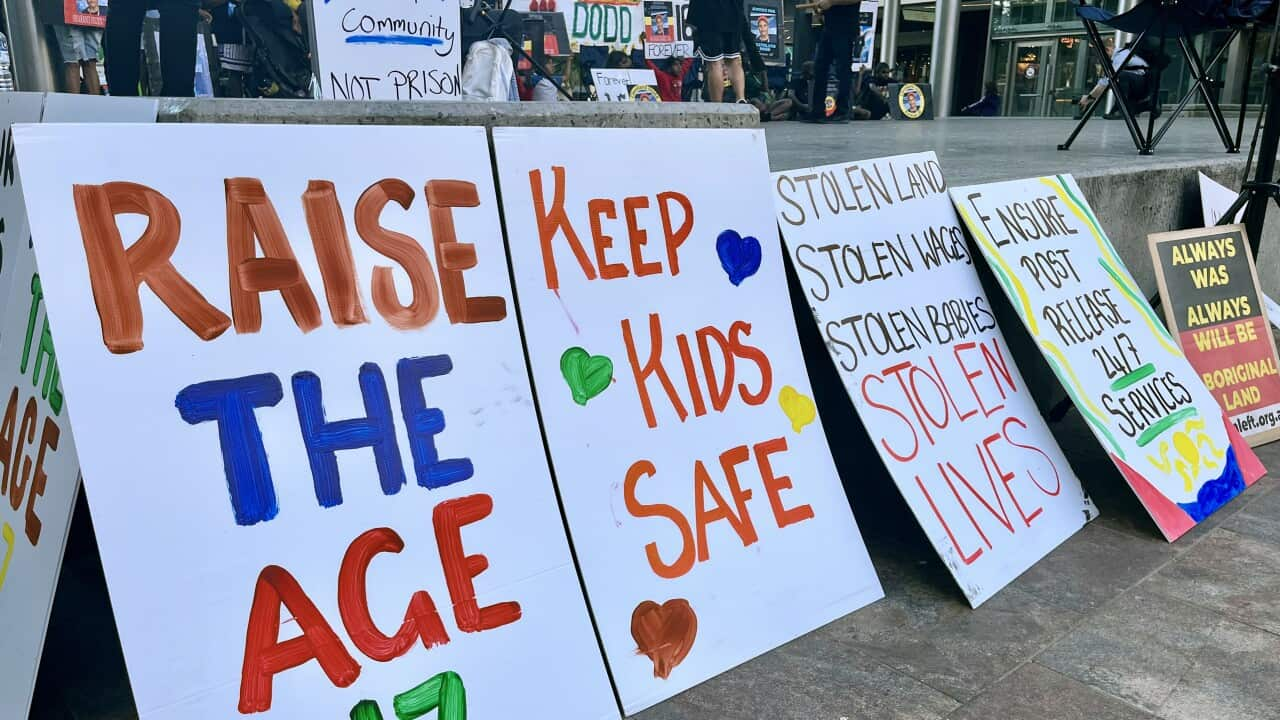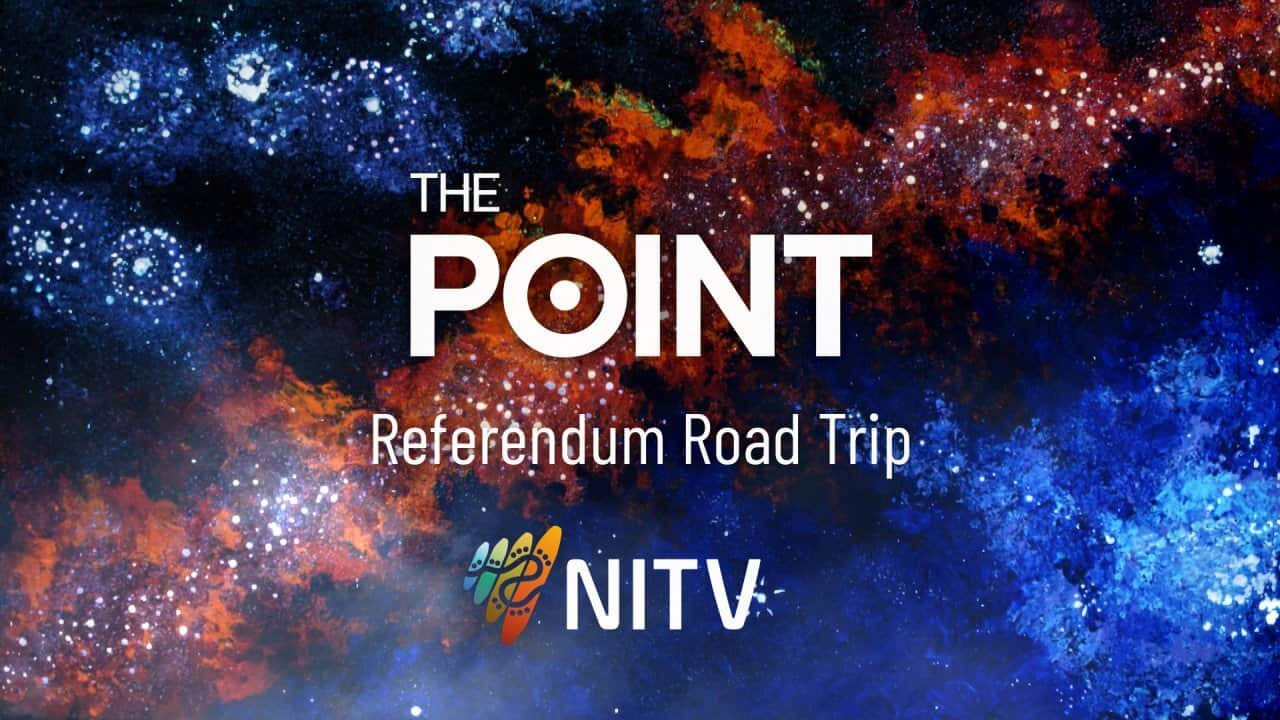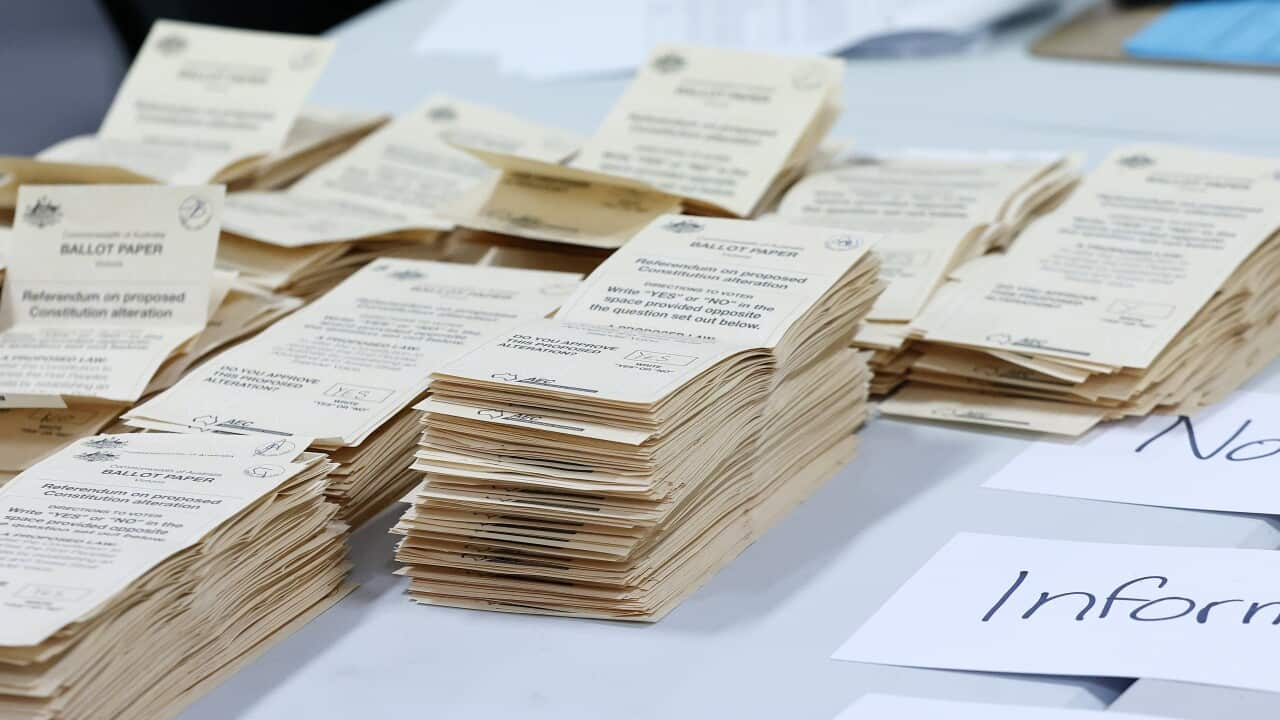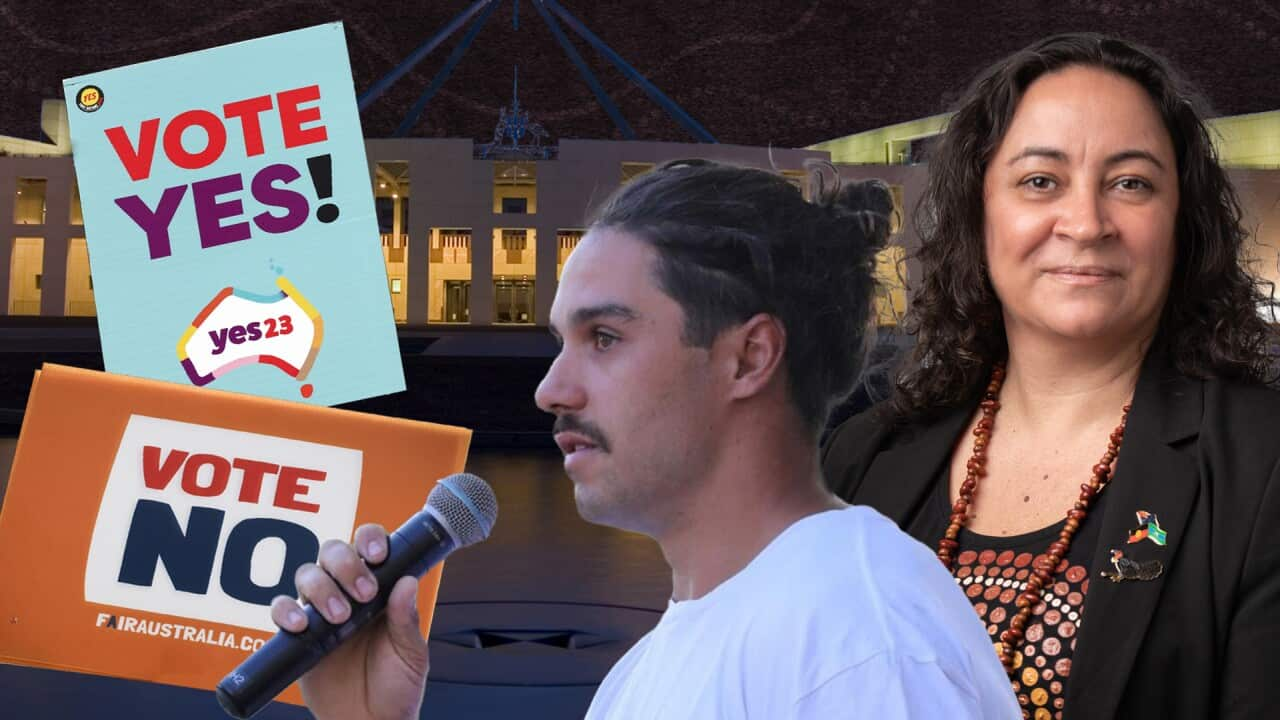No.
A year ago Australians rejected the idea of recognising Aboriginal and Torres Strait Islander peoples in the Constitution through a First Nations Voice to Parliament.
For Rikisha Phineasa, a proud Torres Strait Islander woman who is studying law and arts at James Cook University and a member of the First Nations youth council in Townsville, it was a bitter pill to swallow.
"This was the first time in such an obvious and violent way that young people experienced that 'no' and that rejection," she told The Point, acknowledging that her Elders had previously experienced other difficult situations.
Human rights and native title barrister Joshua Creamer, a descendant of the Waanyi and Kalkadoon people from North Western Queensland, is the chair of Queensland's Truth-Telling and Healing Inquiry.
He believes, while there has been some timidity in Indigenous affairs at a federal level, some of the states are taking significant steps.
"It’s about how we respond now, there’s a lot of people working on healing," Mr Creamer said.
Veteran journalist Kerry O'Brien, who campaigned for the Yes campaign agrees that the result has increased political caution.
"I think the other negative was just a giant kick in the teeth for people who had been led to expect, after that brilliant outcome at Uluru [the 2017 summit on Constitutional Recognition], that we were going to see a genuine process lead to a genuine outcome," he said.
"The positive for me is the fact that for the first time, 6 million Australians stood up and were counted."
Vonda Malone, a member of the Queensland Truth-telling and Healing Inquiry, and the first female Mayor of the Torres Shire Council, said the past year had included a lot of reflection.
"We’ve had a lot of setbacks ... in a way we are used to it, when we shouldn’t be," she said.
"Our Old People are tired, they’ve been burnt by past policies."
The Torres Strait voted overwhelmingly 'yes'.
"We’ve rolled out that island mat, come sit with us," Ms Malone said.
"We’ve had time to regroup and reflect.
"We’ve still got that fire in our belly and we are looking at a new way forward.
"But at the same time how do we use this, albeit negative effect, towards a positive outcome?"
Aunty Marjorie Anderson, national manager at 13YARN, an Indigenous crisis support line, says the past year has been tough and there's a real sense of disappointment in the community.
"Aboriginal people are telling me they feel rejected in their own country," she said.
"There needs to be, in the future, a level of healing, that the country isn’t against us."
There's no doubt social media - and its role in amplifying misinformation - played a part in the referendum.
"It's especially hard when so many young people live online, on social media, we practically live there," Ms Phineasa said.
"Post referendum, seeing some of the remarks and some of the media that got pushed out, it hurt again.
"Social platforms need to be accountable, they have our mental health in their hands."
Aunty Marjorie said there had been many instances of racist comments being made on the 13YARN Facebook page - a place that should be culturally safe for mob in crisis.
“Social media companies have a lot to answer for,” she said.
"Don’t take the racism to heart, let it put a fire in your belly.
"We’ve got to call out."
All the panellists agreed that the way forward was education.
Mr Creamer said very few people understand Queensland's history and that the Truth-Telling and Healing Inquiry would help everyone learn.
"There's the silence when people have not talked about what happened but there's also ... an effort to persuade people that we are something we're not," he said.
"For the first time it’s about telling all sides of history.
"We’ve already started to hear evidence from people who lived under that mission policy."
Despite the pain of rejection, Ms Phineasa believes the best thing to do is to have hope.
"People are stepping up and speaking out ...," she said.
"We stand on the shoulders of giants, our giants are getting tired ... our young people are capable to fulfil that work.
"The way forward is education and empathy."
The Point is on NITV at 730pm AEDT Tuesday and on SBS On Demand.


